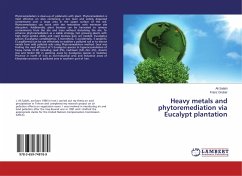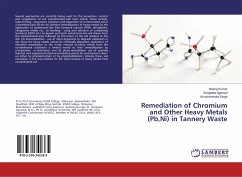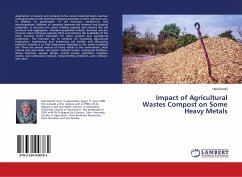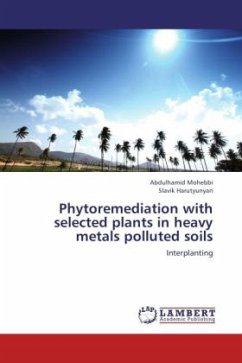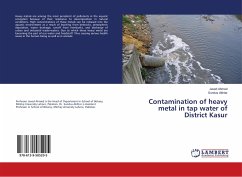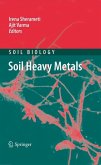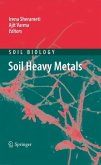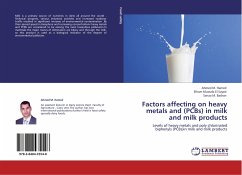Phytoremediation is clean-up of pollutants with plant. Phytoremediation is most effective on sites containing a low level and widely dispersed contaminant over a large area in the upper surface of the soil. Phytoremediation can work with site restoration with minimum site disruption. Additionally, plant biomass can be harvested to remove contaminants from the site and trees without disturbing the site. To enhance phytoremediation as a viable strategy, fast growing plants with high metal uptake ability and rapid biomass gain are needed. Eucalyptus species (Eucalyptus camaldulensis, E.microtheca, E.occidentalis, E.sargentii, E.Largiflorens) can be use effectively to stabilize a polluted soil or to extract metals from mild polluted soils using Phytoremediation method. Goal was Finding the most efficient of 5 Eucalyptus species to hyperaccumulation of heavy metals (H.M) including Lead (Pb), Cadmium (Cd), Zinc (Zn), Arsenic (As) and Nickel (Ni) in planting areas by Eucalyptus species in Golestan Province in north of Iran as non-Industrial area and Industrial areas of Khozestan province as polluted area in southern part of Iran.
Bitte wählen Sie Ihr Anliegen aus.
Rechnungen
Retourenschein anfordern
Bestellstatus
Storno

